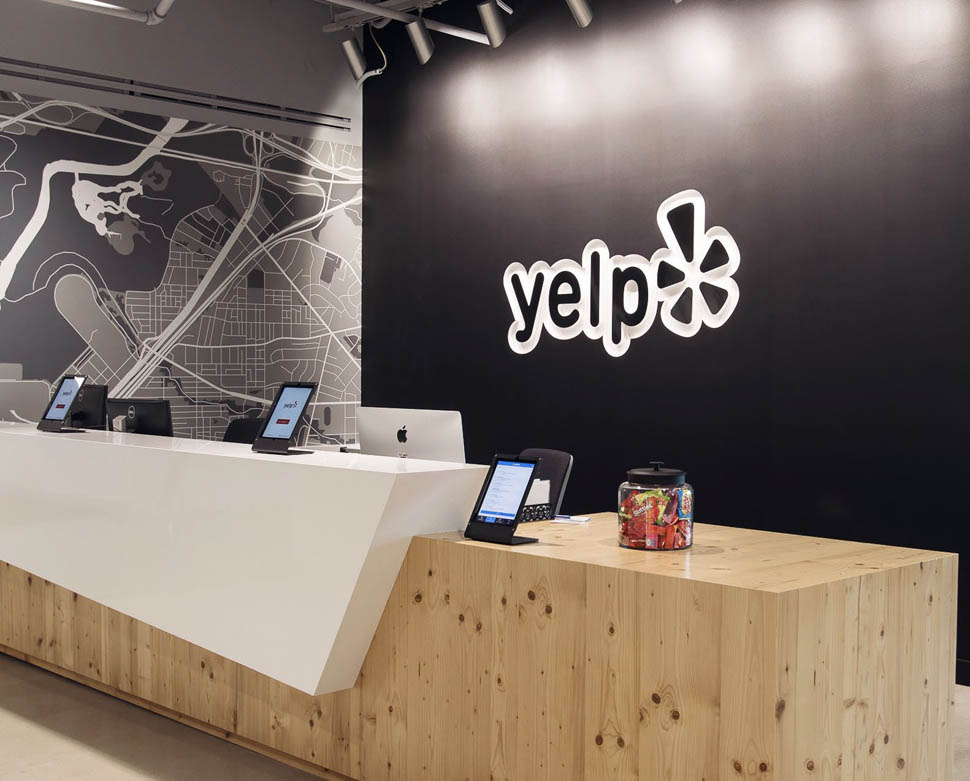No escape: Yelp is raising a "wall of shame" for businesses offering discounts or other incentives in exchange for reviews.
The news
Most of us would probably consider Yelp a potential "threat" to entrepreneurs, as it allows any user to review a business, restaurant, or bar, for better or worse. But now, the platform is taking a closer look at its famous online listings, and all businesses that may be involved in deceptive practices will face even greater scrutiny, as announced by Eater in this article. In September, Engadget published an article highlighting that Yelp had begun naming businesses that, in its view, offer discounts or freebies in exchange for reviews, effectively creating a "wall of shame." In fact, the network recently published a list of companies that have violated the company's policy regarding dedicated listings.

The "Suspicious Reviews Alerts" page is a new section on Yelp's Trust & Safety website, a space where the platform analyzes how Yelp handles content moderation. The new page includes links to the company's main page, including "View the 'evidence’ here. Clicking on it provides access to photographic evidence of various email solicitations, promotional ads, or screenshots of social media posts offering gifts, discounts, or products in exchange for reviews.

There are dozens of listed companies, such as Cali Kid Burgers 'n Shakes in Livermore, which offered a 25% discount on an order in exchange for a review in 2021. All businesses that seriously violate Yelp's policies, such as paying for reviews, will be added to the Trust & Safety page, along with a real-time consumer alert pop-up. Alerts are then removed after 90 days "if suspicious behavior ceases," as stated on the guidelines page.

However, Yelp is not the only company concerned about fake reviews: the Federal Trade Commission (FTC) is also taking similar measures. An FTC article from January 2022 offers a guide for businesses against soliciting and paying for online reviews, and as Engadget emphasizes, the FTC is moving to remove fake listings, imposing hefty financial penalties on companies that "buy, sell, and manipulate online reviews," up to $50,000 for each fake review, plus the number of times a customer sees it.

The increase in artificial intelligence tools has also heightened controls, as AI can amplify the spread of fake reviews due to its ease in generating short texts, as reported by CBS News. A note from the Public Interest Research Group cited in the report indicates that 30-40% of online reviews are "fabricated or in some way not authentic," and this type of review has increased during the pandemic with the rise of online shopping.
Cover photo: @Getty Images












